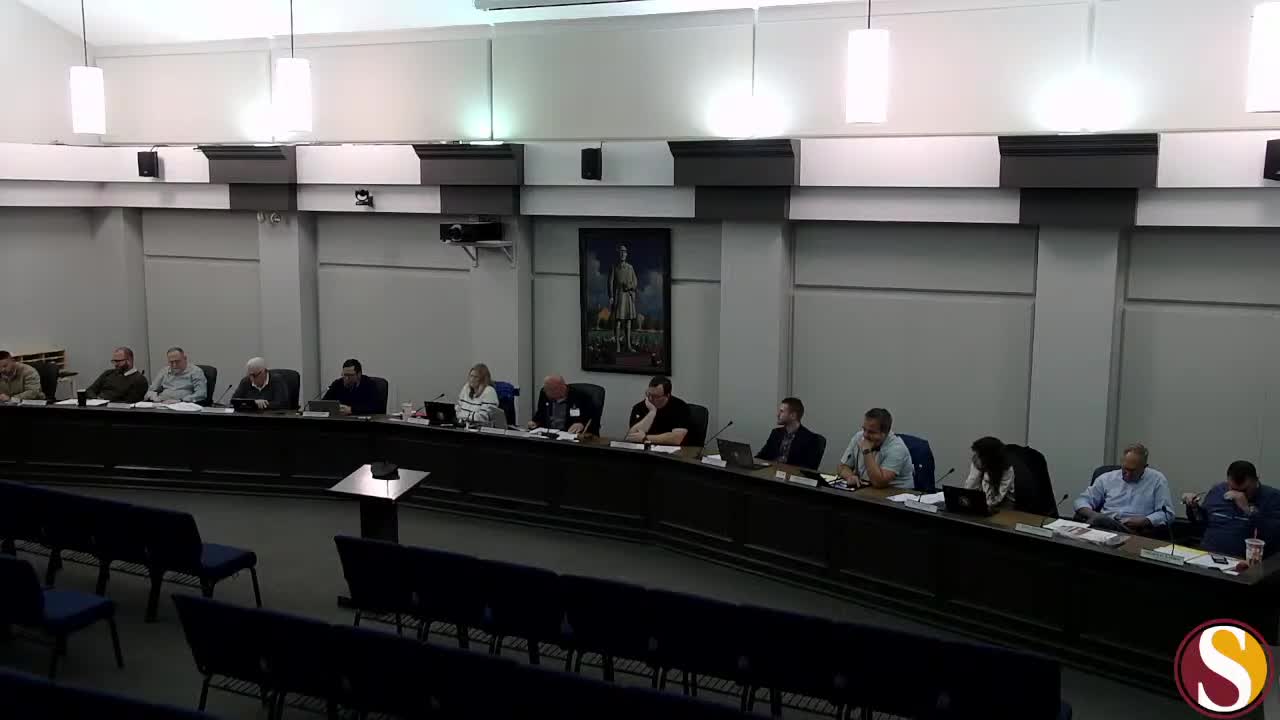Council rejects Raftelis-recommended water-rate package after heated debate
Get AI-powered insights, summaries, and transcripts
Subscribe
Summary
On third reading Council voted down Ordinance 2025-182, a multi-year water-fee and rate package recommended by consultant Raftelis. Councilors raised concerns about affordability for residents on fixed incomes, the size of near-term increases and alternatives such as zero-interest state loans.
Stowe City Council on Nov. 6 voted down Ordinance 2025-182, a multi-year package of water-rate and water-improvement fee increases recommended in a Raftelis rate study.
The ordinance would have raised the monthly water-improvement fee for a 3/4-inch meter and implemented multi-year volume-rate increases (Raftelis’ recommendation included 9% volume-rate increases in 2026 and 2027 followed by smaller raises). Staff said the water-improvement fee increase was intended to fund capital needs, including pipe replacement and a second water tower study. Finance staff and the consultant projected that delaying rate increases would require larger increases later.
Council debate focused on the size and timing of the increases and on equity for residents on fixed incomes. Councilwoman Pamela Coffey said she would not support the ordinance because city staff and the applicant had not pursued narrower reclassification options and because she was concerned about the immediate effect on households: “I will not be supporting this just because I feel like the application was broader than the need,” she said during debate (referring to a separate zoning matter) and later stressed concerns about affordability when discussing the water ordinance.
Council members and staff exchanged technical details about the city’s purchase of treated water from Akron, the recommended fees and the city’s capital needs. Engineering staff noted sections of the distribution system installed in the 1950s and pointed to high break counts this year; councilors cited figures discussed at the meeting — staff referenced as many as 74 water-main breaks in 2025 during the hearing.
On the roll-call vote the ordinance failed: 1 yes, 6 no.
The vote leaves the city without the Raftelis-recommended revenue increases; staff told council that additional options exist, including phased penalty plans, pursuing low-cost state funding or developing an alternative rate schedule, and that a new study will be required by regulatory authorities in the coming years. Council members asked staff to return with alternative proposals and clarified that capital work (targeted pipe replacement) will continue within available budget limits.
